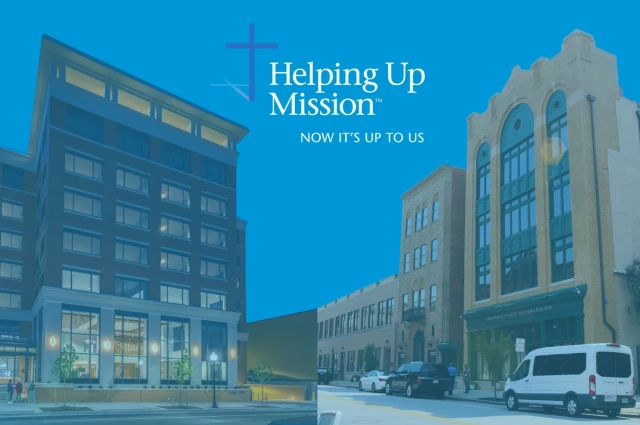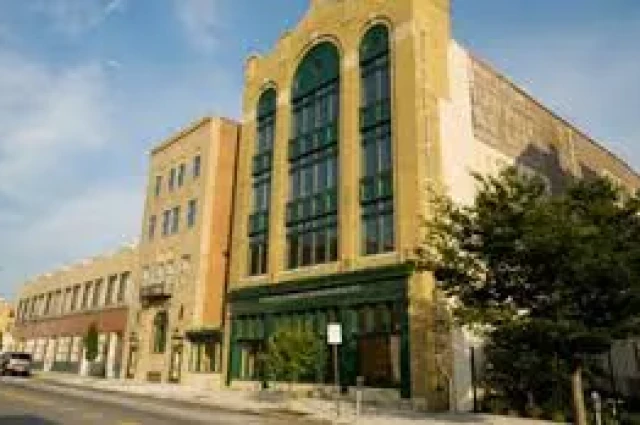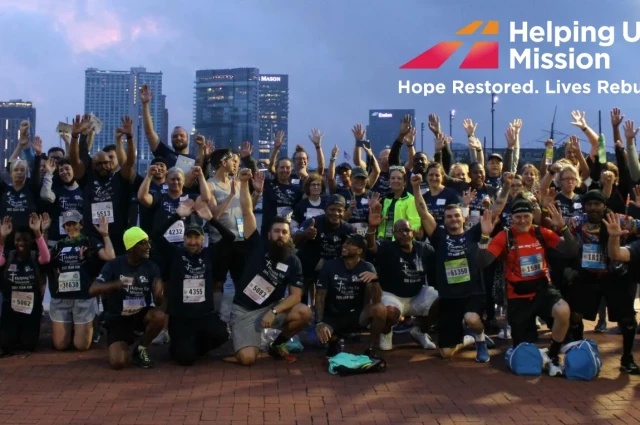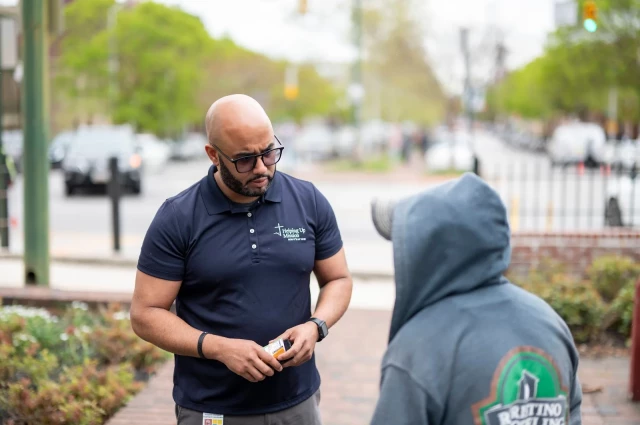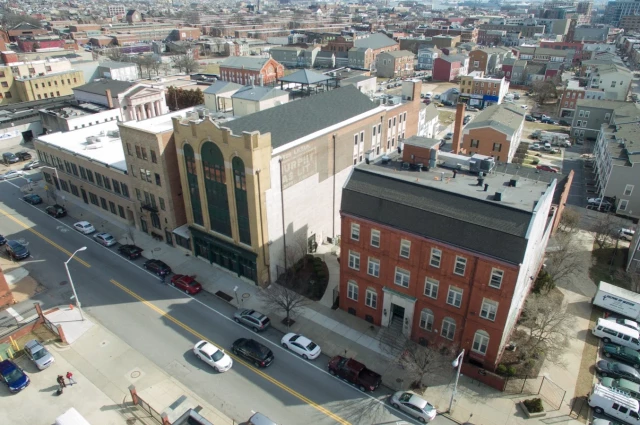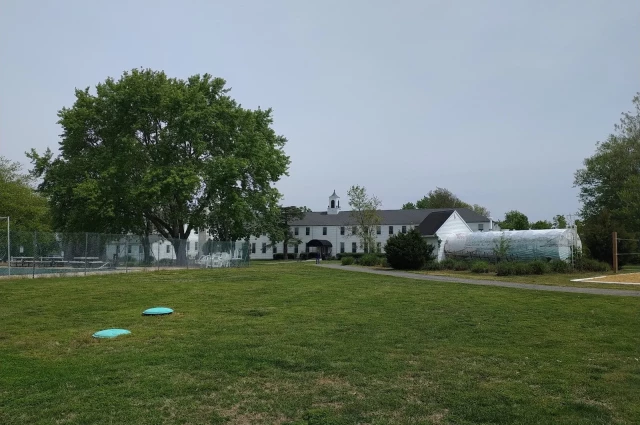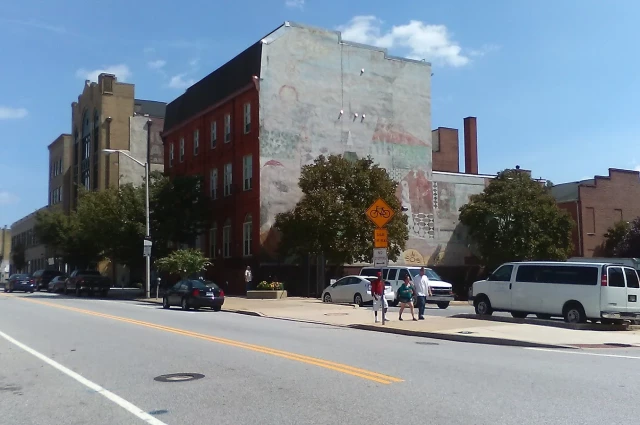Helping Up Mission Information
Treatment
Who We Treat
- Children
- Teens / Adolescents
- Young Adults (18–25)
- Adults
- Seniors/Older Adults
- Midlife Adults
- Adolescents
- Older Adults
- Male and Female
- Veterans
Treatment Focus
- Anxiety
- Drug Addiction
- Trauma
- Christian
- Alcohol
Approaches
- 12-Step-Based
- Individual Treatment
- Christian
- Medical
- Spiritual Emphasis
- Twelve Step
- Family Therapy
- Group Therapy
- Holistic
- Cognitive Behavioral Therapy (CBT)
- 1-on-1 Counseling
- Life Skills Training
Conditions We Treat
- Anxiety
- Trauma
- Perinatal Mental Health
- Gambling
- Anger
Substances We Treat
- Alcohol
- Prescription Drugs
- Synthetic Stimulants (Bath Salts)
- Synthetic Drugs
Languages
- English
- Spanish
Aftercare
- Discharge Planning
- Outpatient Treatment
- Recovery Coach
- Follow-up Sessions (in-person)
- Intensive Outpatient Program
- Employment Counseling
- Continuing Care
- Employment/Vocational Counseling
- Support Meetings
Level of Care
- Outpatient
- Sober Living
- Aftercare/Continuing Care
Experience
Personal Amenities
- Private or Shared Rooms
- Air-Conditioned Rooms
- Snacks
On-Site Activities
- AA/NA Meetings
Special Considerations
- Christian
Smoking and Vaping Policy
- Smoking Allowed in Designated Areas
- Vaping Allowed in Designated Areas
Accreditations
-
Commission on Accreditation of Rehabilitation Facilities (CARF)
CARF accreditation is a prestigious recognition for organizations in rehabilitation and human services. It signifies that an organization meets rigorous quality standards and is committed to providing top-notch care. Achieving CARF accreditation involves a thorough evaluation process, including on-site surveys, to ensure excellence in programs and services. This accreditation boosts an organization's credibility, assures clients and funders of quality, and promotes ongoing improvement in the field of rehabilitation and human services.

-
SAMHSA certification for opioid treatment program (OTP)
SAMHSA's Opioid Treatment Programs (OTP) Accreditation is a rigorous recognition process, signaling an OTP's commitment to high-quality care for those with opioid use disorders. It assures patients, families, and the community that the program adheres to evidence-based practices, maintains a safe environment, and employs qualified staff. This accreditation represents a commitment to addressing the opioid epidemic and promoting recovery, symbolizing quality and accountability in opioid addiction treatment.
Find the best treatment options. Call our free and confidential helpline today!
